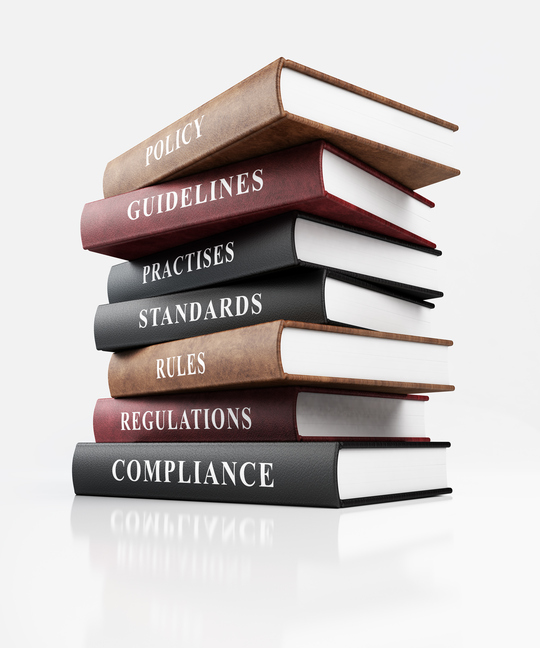This week, U.S. Sen. Bob Casey, D-Pa., introduced into the Senate the STATE Natural Gas Act, which is crafted to create a federal grant program whereby states can fund initiatives that support a higher penetration of natural gas vehicles (NGVs) and natural gas refueling infrastructure.
‘My bill will encourage the use of natural gas as a transportation fuel and encourage private investment in natural gas vehicles and transportation infrastructure,’ Casey said in a statement.
‘Despite the industry's growth in recent years, natural gas is still a largely untapped resource, so I'm working to give states the resources and flexibility to develop this plentiful domestic energy source,’ he added.
The STATE Natural Gas Act would create a grant program to offer states funding to develop initiatives that encourage the use of natural gas as a fuel and encourage public and private investment in natural gas vehicles and transportation infrastructure.
The legislation would set up a program allowing states to apply for grants through the U.S. Department of Energy. Casey's office notes that awards would be assessed based on various criteria, such as the level of private and public investment a given project would create and ‘the degree that initiatives will support a need that is unlikely to be met by the private sector absent grant program funding.’
Back in February, Casey introduced S.2070, the Natural Gas Energy and Alternative Rewards (NGEAR) Act, which is aimed at creating a rebate program for the acquisition of natural gas buses and extending tax credits for natural gas fueling stations.
The NGEAR Act centers on implementing a rebate of 30%, capped at $15,000, for the purchase of natural gas school and transit buses. Additionally, it seeks to extend through 2016 the Alternative Fuel Tax Credit of $0.50/gal. for retail natural gas, as well as the tax credit for commercial-scale natural gas refueling infrastructure – also through 2016, totaling 30% of the system, up to $30,000.
That legislation is still with the Senate Committee on Finance.






